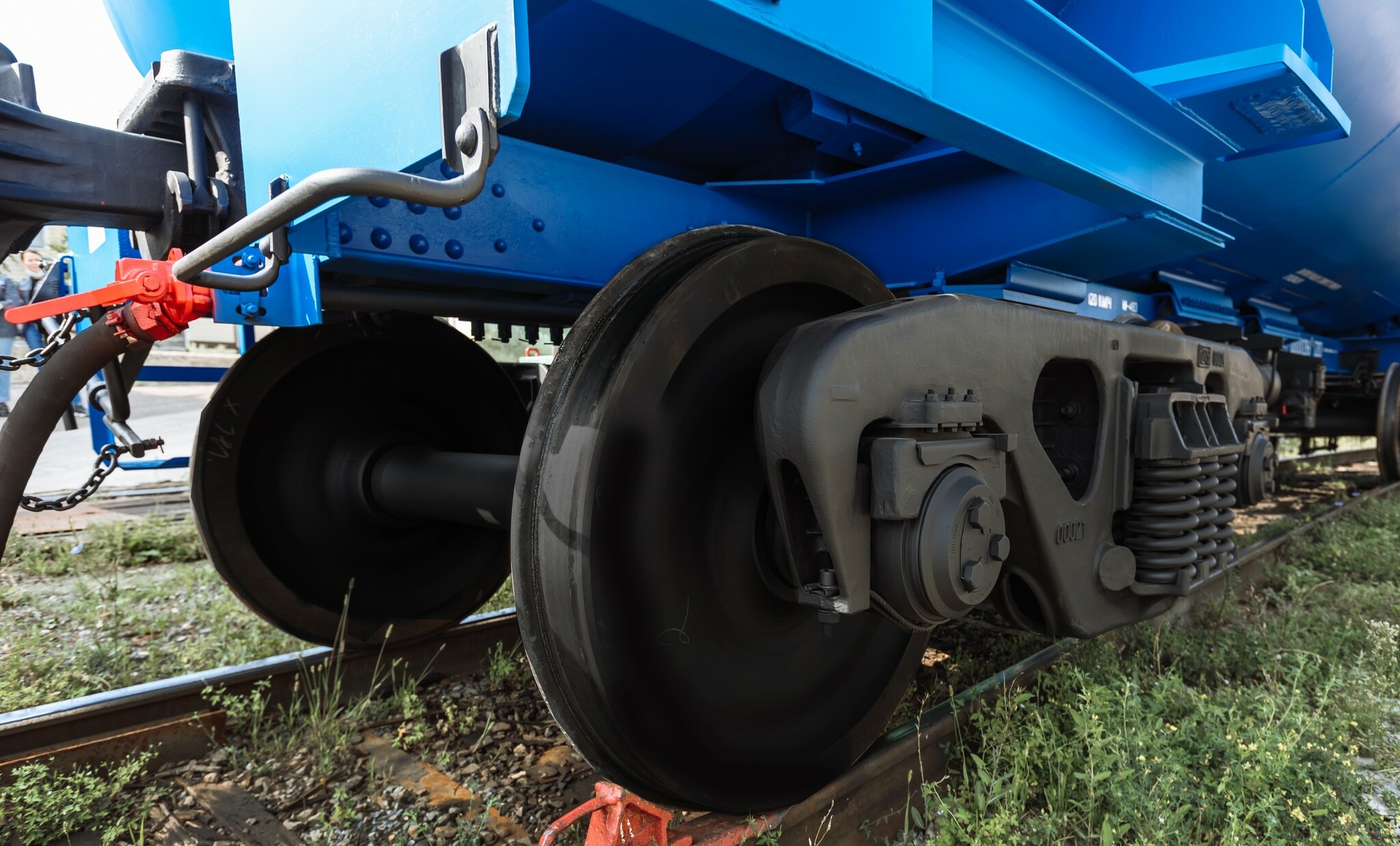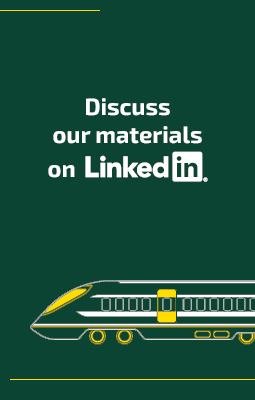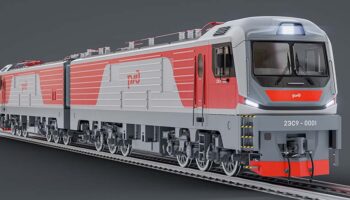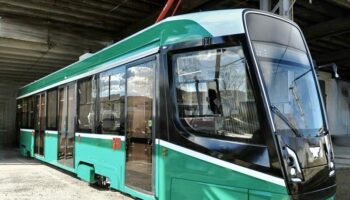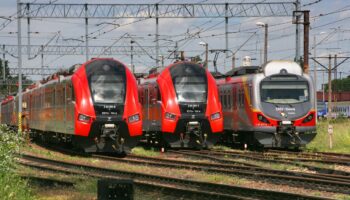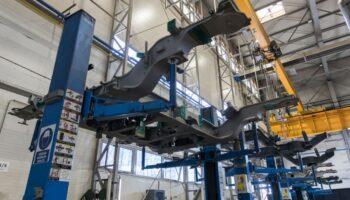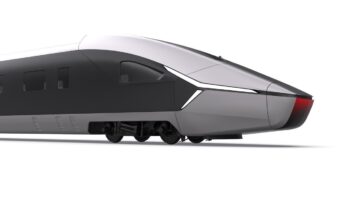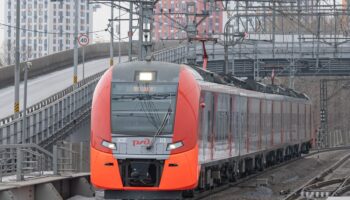Russia: Amid the situation in Ukraine and the ensuing tough US and EU sanctions against Russia, tapered roller bearings (TBU) for freight cars have become one of the most discussed components. In Russia, their production is organised with a significant participation of foreign companies – Amsted Rail (a joint venture with EPK) and Timken (a joint venture with the United Wagon Company), as well as SKF (its own subsidiary operates in Russia). Over the past few weeks Amsted Rail announced its withdrawal from Russia and from the joint venture, Timken – the suspension of all its operations in the country, SKF – the termination of operations in Russia and the sale of business. In April, ROLLINGSTOCK Agency had a conversation with Evgeniy Semenov, Executive Director of the Russian Wagon Building Union (WBU), on the situation with the supply of one of the key modern freight cars components.
Mr. Semenov, to what extent are Russian freight car producers provided with TBUs at the moment?
According to our estimates, there are still stocks of TBUs in the warehouses of the plants. But, as you know, stocks tend to run out. It is important to consider that the industry requires a significant number of these bearings to meet national freight growth targets. According to our estimates, the need for TBUs in an 25-t axle load freight car production for the period up to 2025 will be more than 750 thousand units.
Is it possible to replace bearings produced with the participation of Amsted Rail, Timken and SKF by the other suppliers?
Unfortunately, there is no alternative in Russia – the production of TBUs has not yet been fully localised. For example, we do not manufacture critical bearing parts such as cages, rollers and seals. There is also no local production of grease. In general, the level of localisation does not exceed 40%. There are also no alternatives to TBUs in other members of Eurasian Union.
At present, the producers that are members of WBU, have focused on studying the Chinese market as a strategic partner. It has its own developments, and the required volume. But even those products that could be found still require some work on homologation for the Russian market. No other alternatives have been found at the moment.
To implement such tasks, car builders are working on the formation of an accelerated mechanism for certification of bearings in the framework of the recently adopted resolution of the Russian government on the features of licensing activities in the country in 2022. The adoption of this document, among other things, simplifies the procedure for delivering imported products from friendly countries to replace components and parts produced by foreign companies that have left the Russian market, while maintaining the required level of railway traffic safety.
What work is already being done with China?
Negotiations are already underway on the possibility of localising the TBU production in Russia. However, at the first stage, it is important to reduce existing trade barriers. Thus, in case of a positive decision on the supply of TBUs (or their parts) from China, it is necessary to work with the Russian Ministry of Industry and Trade to temporarily remove the anti-dumping duty on TBUs imposed on Chinese manufacturers.
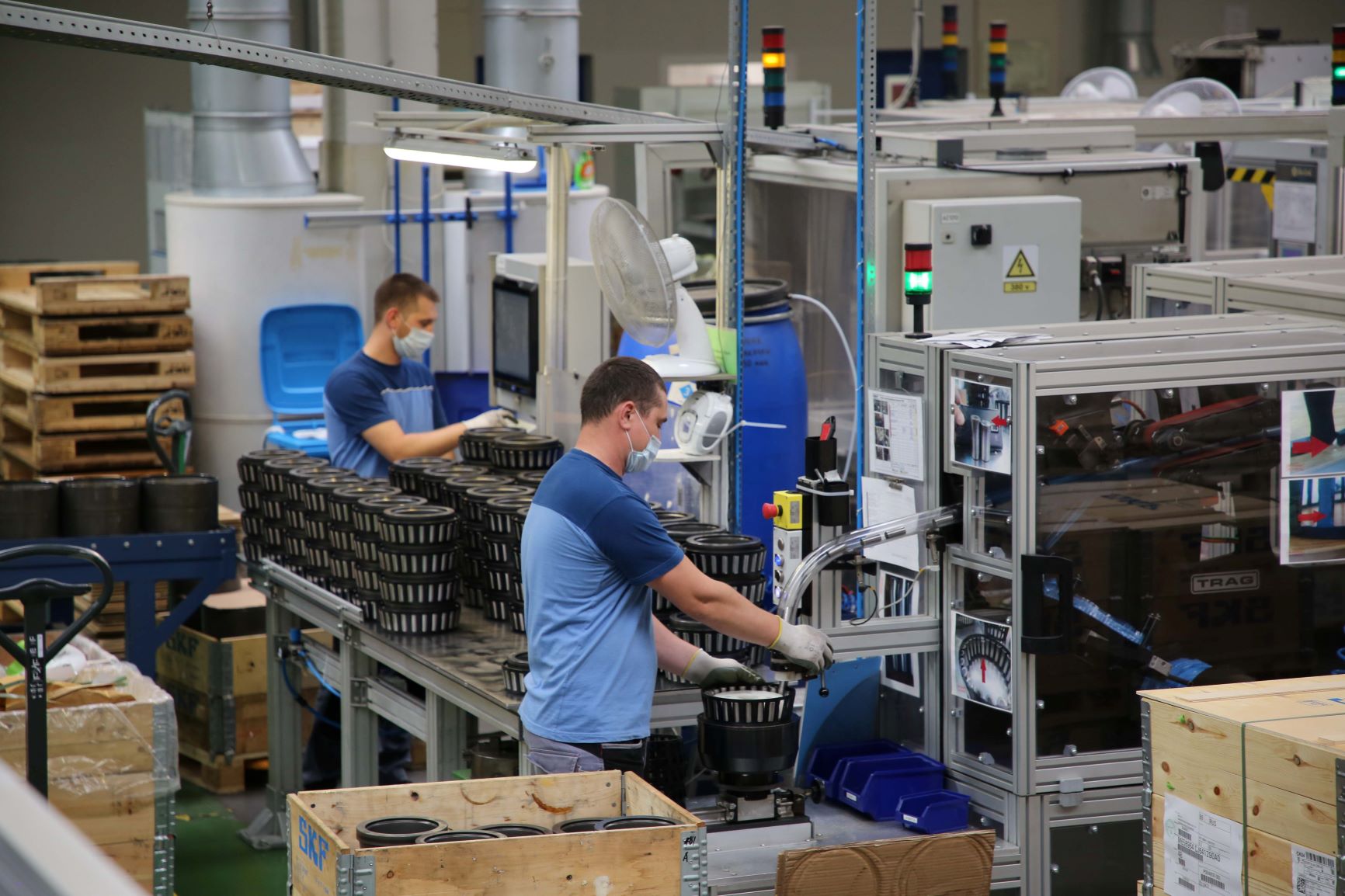 Manufacturing of TBUs. Source: abiznews.net
Manufacturing of TBUs. Source: abiznews.net
Can Russia independently produce TBUs?
Unfortunately, we have lost the competencies for the bearings production, which were laid down in the Soviet era. This is a rather difficult product to manufacture, for its production it is necessary to use high-precision manufacturing and testing equipment, which we do not have in our country.
As I have already noted, individual parts of TBUs and grease are not localised in our territory. And this happens precisely because of the lack of material and technical base and appropriate funding for this market segment.
Now, under time pressure, car builders are working on the issue of supplying TBUs from other countries, but we consider it critical and necessary in the future to focus on restoring and developing Russia-based bearing cluster for all industries through government subsidies or co-financing of R&D and the construction of new, high-tech productions sites.
In our opinion, it is possible to create such a cluster on the site of the largest Rostec state corporation, which has the necessary competencies and is able to achieve a synergistic effect from the use of various developments designed within a wide range of enterprises that are part of the corporation. Such work, we are sure, will provide needed results, and this will not only ensure independence from imports, but will also affect the creation of additional jobs and tax deductions to the budget.
At the same time, it is important to emphasise that we have also lost competencies in the production of cylindrical roller bearings, which are a critical unit for cars with an 23.5-t axle load (in 2021, 37.8 thsd cars were produced on such bearings). The main supplier of such component is in Kazakhstan, it is the Stepnogorsk Bearing Plant, which is part of the EPK.
How has TBUs prices changed in the current circumstances?
According to the laws of the market, with the current deficit, naturally, the price goes up. There are already recorded cases of price increases for TBUs from among the latest deliveries.
Interviewed by Sergey Belov
Published in Russian on April 22, 2022



